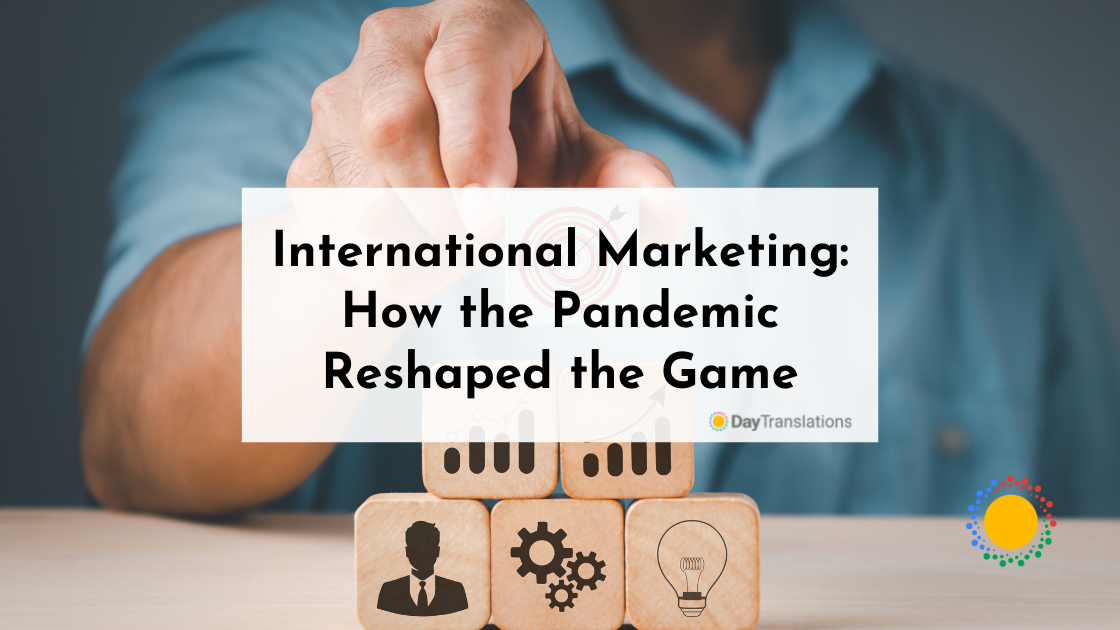The birth of a newborn baby is an important event no matter where on the planet you live. Different cultures welcome a new life in different ways. Here are some birth-related traditions from around the world.
Congratulations! It’s a….
No matter if it’s a boy or girl, the birth of a newborn baby is gladly welcomed in any part of the world. The newest addition to the family is honored in various ways and is a reflection of the unique traditions, beliefs and customs of a particular culture.
Naming the baby
The name of a child is of special importance because this is the name that the person will have for the rest of his life. Many cultures name a newborn child after a relative. For the Australian Aborigine tribe of the Wikmungkans, the special naming ritual is conducted during the actual delivery of the baby. As the baby is being delivered, the names of living relatives are called out one by one. The name that is called at the time when the placenta is removed is the name that the child will have.
The Buddhists, on the other hand, will choose the name of the baby based on the letter presented in the astrological charts prepared by the monks who are invited to the home of the baby after his birth.
For the Chinese, a baby is not given a proper name before his actual birth, as this is considered unlucky. However, all the children of a generation are given the same middle name. This practice is done for a cycle of 24 generation names.
Keeping souvenirs
Japanese families save the baby’s umbilical cord and store it in a box called heso. This is a reminder of the lifelong bond of the mother and child.
For those who live in Nigerian and Ghana, the placenta of the baby is given burial rites. This is because they consider the placenta of the child as a deceased twin of the baby. In other African cultures, the placenta is buried, usually under a tree, and this is called zan boku.
Blessing the baby
Traditions surround a baby soon after his actual birth. For the Buddhists, it’s a must that parents present their child to the temple within the baby’s first month to receive blessings from Buddha. During this ceremony, sacred threads are placed on the wrists of the child to acknowledge the spirit Khwan, known to be the protector of babies.
For Jewish families, covenantal circumcision is done on the baby boy when he reaches eight days old.
Taking care of mom
Post natal care is given to Indonesian women who get a special massage everyday for a month after giving birth. Chinese women are confined to the home a month after birth to protect the mother from elements that can weaken the body. The practice of zuo yue does not allow the new mom to shower, open windows or leave the home.




